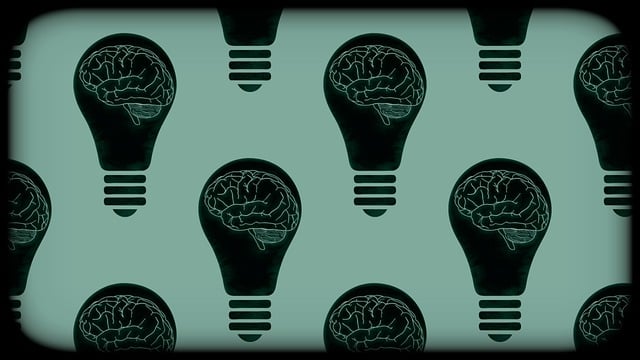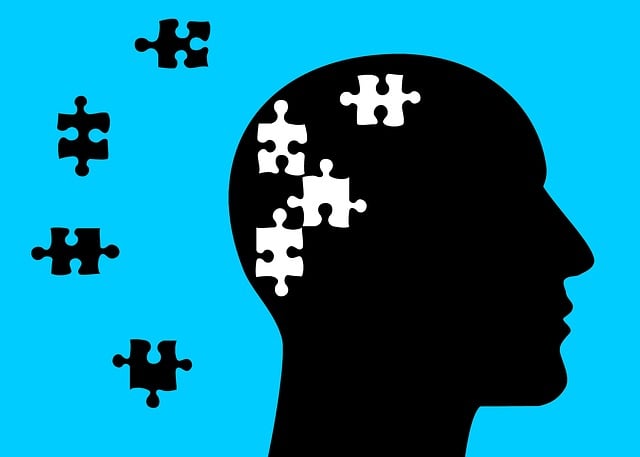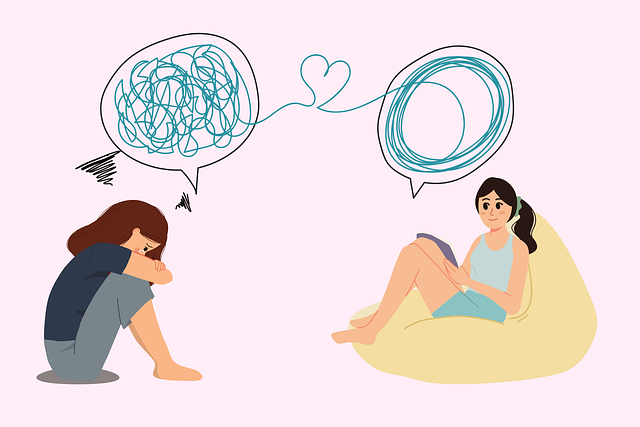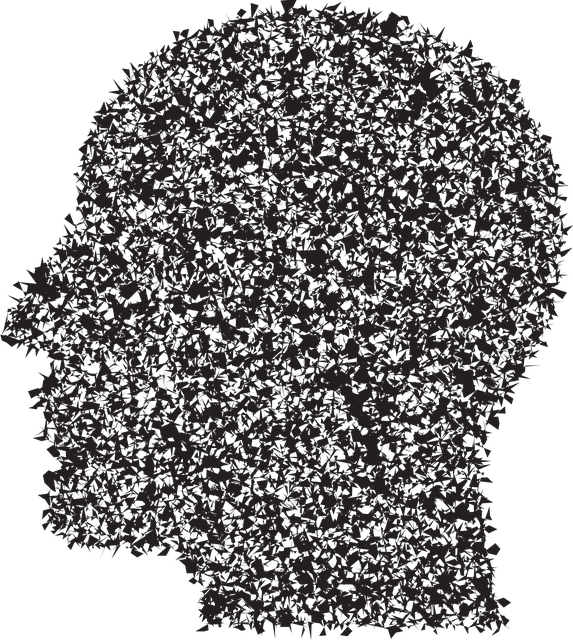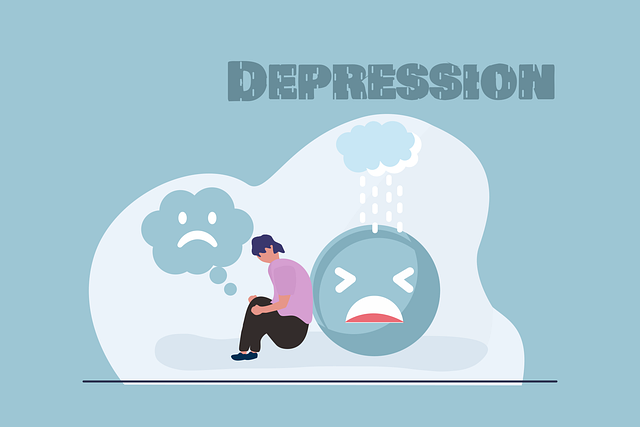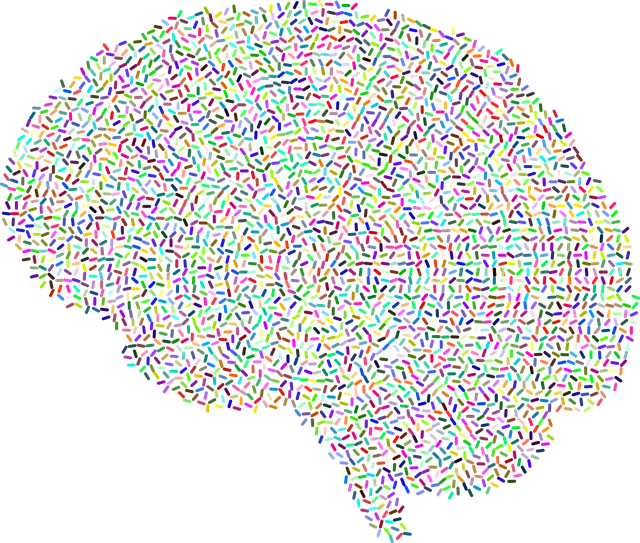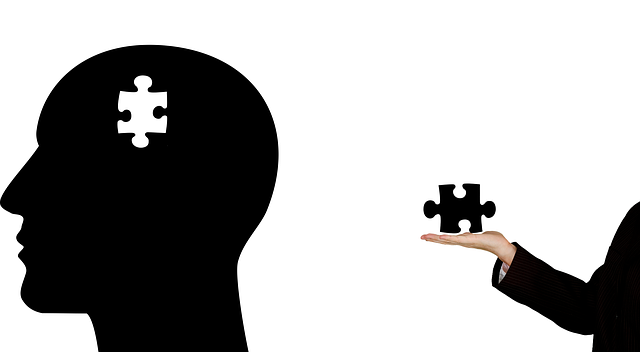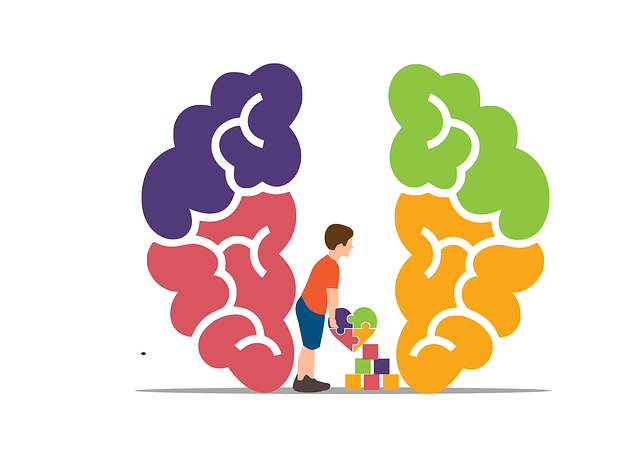Mental illness media portrayals significantly influence public perception, with accurate, empathetic storytelling reducing stigma and encouraging early intervention. Westminster Biofeedback Therapy leads an innovative approach to promote evidence-based, authentic representations of mental health through techniques like biofeedback and mindfulness. Collaboration between media, healthcare professionals, and advocates, such as those behind the Healthcare Provider Cultural Competency Training and Mental Wellness Podcast Series, is crucial for dispelling stereotypes and fostering understanding. By integrating diverse, complex characters and empathy-building strategies, media can contribute to a more inclusive societal narrative, reducing stigma and encouraging support.
Mental illness representation in media significantly impacts public understanding and perception. This article explores how inaccurate or biased portrayals can exacerbate stigma and harm, while delving into potential solutions like Westminster Biofeedback Therapy. We discuss strategies for promoting positive, realistic depictions and emphasize the crucial roles of education and collaboration in challenging harmful stereotypes associated with mental health. By examining these approaches, we aim to foster a more empathetic and informed society.
- Understanding the Impact of Media Portrayal on Mental Health
- Westminster Biofeedback Therapy: A Potential Solution for Accurate Representation
- Strategies for Promoting Positive and Realistic Depictions in Media
- The Role of Education and Collaboration in Challenging Stereotypes
Understanding the Impact of Media Portrayal on Mental Health

The media’s portrayal of mental illness can significantly shape public perception and understanding, which has profound implications for individuals struggling with their mental health. Often, media representations either perpetuate harmful stereotypes or offer a glimmer of hope through accurate, empathetic storytelling. These depictions play a pivotal role in fostering societal attitudes towards mental wellness, influencing how those facing similar challenges are treated by the general public and even healthcare providers like Westminster Biofeedback Therapy.
When media portrays mental illness responsibly, it can contribute to reducing stigma, encouraging support, and promoting early intervention. On the contrary, negative or inaccurate portrayals may lead to further isolation and misunderstanding. Therefore, a conscious effort is required from content creators and producers, including those behind the Healthcare Provider Cultural Competency Training and Mental Wellness Podcast Series Production, to uphold Mind Over Matter principles by prioritizing authentic and nuanced representations of mental health struggles in their respective mediums.
Westminster Biofeedback Therapy: A Potential Solution for Accurate Representation

Westminster Biofeedback Therapy offers a promising approach to addressing the challenge of mental illness representation in media. By focusing on evidence-based practices, this therapy aims to promote accurate and nuanced portrayals of psychological struggles. Through various techniques like biofeedback, mindfulness exercises, and cognitive behavioral therapies, individuals can learn effective coping mechanisms and stress reduction methods. These strategies not only benefit those seeking treatment but also contribute to a broader culture of emotional well-being promotion.
Furthermore, Westminster Biofeedback Therapy underscores the importance of healthcare provider cultural competency training. By equipping professionals with the skills to understand and cater to diverse populations, media platforms can ensure that mental health issues are represented with sensitivity and accuracy. This holistic approach ensures that storytelling about mental illness not only reflects reality but also fosters a more inclusive and supportive societal narrative.
Strategies for Promoting Positive and Realistic Depictions in Media

Media has a significant impact on shaping societal perceptions and understanding of mental illness. To foster more accurate and positive representations, various strategies can be employed. Firstly, encouraging collaboration between media professionals and healthcare providers like Westminster Biofeedback Therapy is key. This partnership ensures stories are based on real-life experiences, with experts providing insights to enhance authenticity and accuracy. By involving professionals in the creative process, they can help dispel myths and stereotypes prevalent in media.
Additionally, implementing Empathy Building Strategies and Resilience Building within storytelling can make a profound difference. Portraying characters with mental illness as complex individuals with unique strengths and challenges, rather than one-dimensional stereotypes, fosters understanding. Realistic depictions should highlight the diverse experiences of those affected, promoting sensitivity and encouraging viewers to approach conversations about mental health with open minds. These efforts collectively contribute to a more inclusive media landscape that reflects the nuances of human experience, thereby reducing stigma and promoting support from the public and healthcare provider communities alike.
The Role of Education and Collaboration in Challenging Stereotypes

The representation of mental illness in media has long been a point of contention, often perpetuating harmful stereotypes and misconceptions. To challenge these, education and collaboration are key strategies. By integrating mental health into mainstream discourse, Westminster Biofeedback Therapy and similar initiatives can foster understanding and empathy among audiences. This involves not only presenting accurate portrayals of various mental health conditions but also showcasing recovery stories, thereby countering the dominant narrative of despair.
Collaboration between media professionals, healthcare providers, and advocates is essential to ensure a nuanced approach. Together, they can develop comprehensive Mental Health Policy Analysis and Advocacy, leading to effective Mental Illness Stigma Reduction Efforts. Encouraging self-awareness exercises through media platforms equips viewers with the knowledge to recognize symptoms and offer support, ultimately contributing to a more inclusive and empathetic society.
Media portrayal plays a significant role in shaping public understanding of mental health. By implementing strategies that promote positive, realistic, and diverse depictions, we can challenge harmful stereotypes and create a more inclusive society. One promising solution, as highlighted by Westminster Biofeedback Therapy, is utilizing innovative therapeutic techniques to ensure accurate representation of mental illness. Through education, collaboration, and creative approaches like biofeedback therapy, we can navigate the complex landscape of media portrayal, fostering a more empathetic and supportive environment for individuals dealing with mental health challenges.

